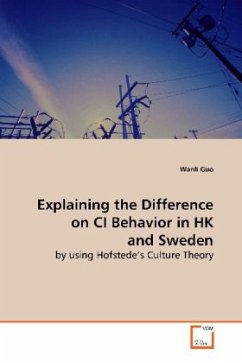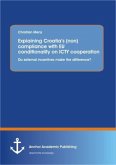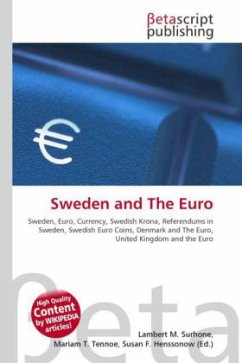Continuous improvement (CI) is a well-known approach
within total quality management. Based on it,
Continuous Improvement Behavior Model (CIBM) is a
model that put behavioral patterns in work practice
in focus, and is associated with learning process and
routines across the whole organization. The purposes
of this thesis are twofold: firstly, to analyse the
differences in CI behavior between firms in Sweden
and Hong Kong (HK); secondly, to analyse the reasons
for these differences by using Hofstede s culture
theory. This study was based on data from the 2nd
international CINet survey and IBM questionnaire
survey, limited to the culture in Hong Kong (HK) and
Sweden.
within total quality management. Based on it,
Continuous Improvement Behavior Model (CIBM) is a
model that put behavioral patterns in work practice
in focus, and is associated with learning process and
routines across the whole organization. The purposes
of this thesis are twofold: firstly, to analyse the
differences in CI behavior between firms in Sweden
and Hong Kong (HK); secondly, to analyse the reasons
for these differences by using Hofstede s culture
theory. This study was based on data from the 2nd
international CINet survey and IBM questionnaire
survey, limited to the culture in Hong Kong (HK) and
Sweden.








